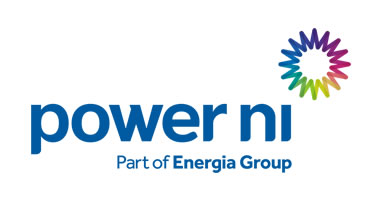Charging an electric vehicle (EV) might seem complicated at first, especially if you’re used to filling up your car with diesel or petrol. But it’s surprisingly simple once you get the hang of it.
We're going to walk you through the basics of electric car charging, so you know how to use an EV charger in public, at work, and even when you’re at home.
How to charge an electric car
Electric car charging can be broken down into 5 easy steps, which involve finding a charging station, connecting your vehicle, starting and monitoring the session, and then finishing up.
Here’s each step in a little more detail:
Step 1. Find an EV charging station
You can find EV charging stations in three main places: public stations, at work, and at home.
For public EV charging, use the eCar Connect app or ZapMap to locate chargers across Northern Ireland - and see which are available in real-time. Some businesses in Northern Ireland are also starting to provide EV chargers at work.
For home charging, you’ll need a home EV charger. Learn how to charge your electric car at home with our dedicated guide.
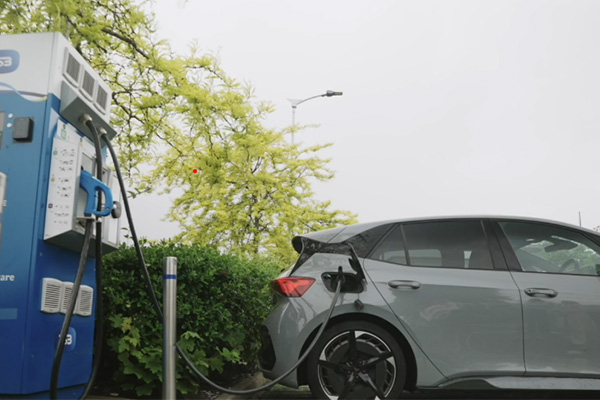
Interested in Home EV Charging?
We provide home EV chargers to homes across Northern Ireland. We offer a range to suit different budgets and properties.
Browse our EV chargers
Step 2. Connect your electric car to the charger
Once you’ve found a charging station, the next step is to connect your electric car. Locate your car’s charging port, usually at the front or side of the vehicle, and use the correct cable for the charger.
Simply plug the cable into your car’s charging port and make sure it’s securely connected before starting the charging session.
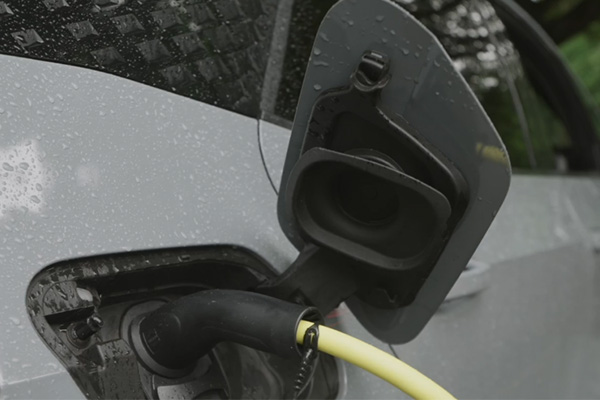
Remember:
- Most public charging stations in Northern Ireland will provide a cable that’s compatible with your vehicle.
- However, few workplace chargers provide a cable.
- For home chargers, a tethered cable is an optional extra, which we offer here at Power NI.
Step 3. Start the EV charging session
Once your vehicle is connected, public charging stations require authentication before charging.
This can be done using a contactless payment. Simply tap your debit/credit card or phone on the reader to begin the session.
Alternatively, you can use an RFID card, fob, or start the session through an app. eCar Connect and EasyGo are the main services offering these options in Northern Ireland.
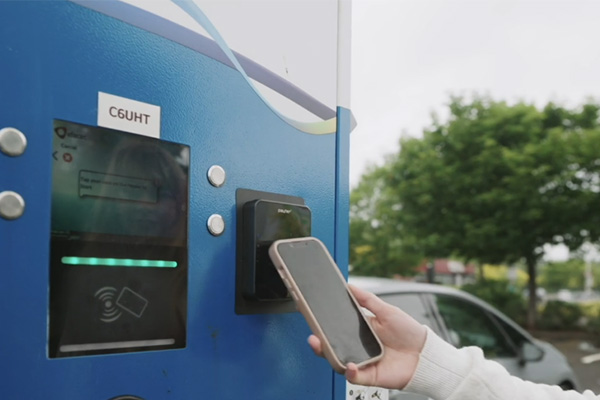
Step 4. Monitor your car while charging
Once charging has started, you can monitor its progress via the station’s display or through an app. Apps can be very useful, as they show how much energy has been delivered and how much time is remaining.
EV charging times vary depending on factors like your car’s battery size and the type of charger.
For example, fast chargers (22kW) can take 2 to 6 hours for a full charge, while rapid chargers (43-50kW) can charge most EVs from 0 to 80% in about 45 minutes!
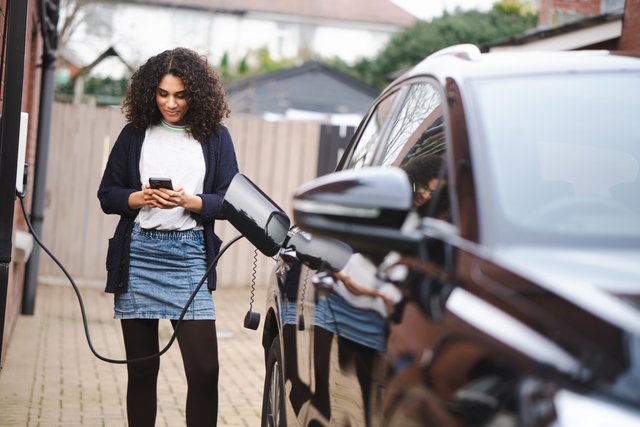
Step 5. Finish by ending the charging session
Once your vehicle is fully charged, it’s time to disconnect.
If you're using an RFID card or fob, tap it again to end the session. If you’re using an app, simply stop the session within the app. Once the session ends, the cable will unlock automatically.
Carefully disconnect the charging cable from your vehicle and return it to its holder at the station. Always double-check that everything is properly stored before you leave.
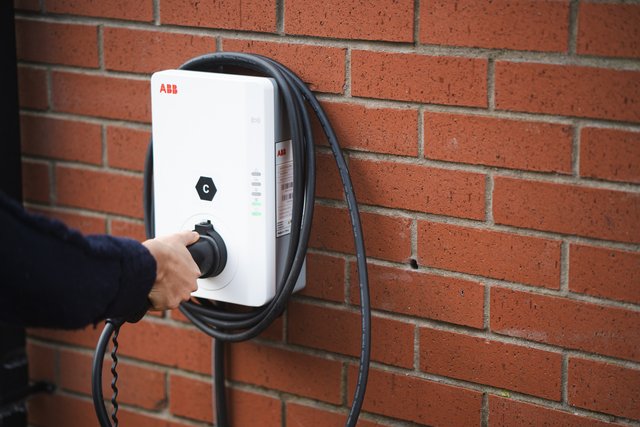
And if you used your own cable at a public access or workplace charger, remember to take it with you.
Tips for electric car charging
Now you’ve got a grasp on how to charge your electric car in Northern Ireland, here are a few EV charging tips and best-practices to keep in mind if you’re an EV newbie!
-
Try to plan your travel routes
You might not be used to planning a route based on where petrol stations are located, but with EV infrastructure still relatively new in Northern Ireland, it's best to plan your route in advance. Use ZapMap, ECar Connect and EasyGo to find public EV charging points in Northern Ireland. -
Be aware of the costs of electric car charging
Charging your EV at home is cheaper than charging at a public station. Public stations have different pricing depending on how fast a charge is offered. Check the rates before charging, and if you’re charging at home, take advantage of EV tariffs that provide lower rates for overnight charging.
If you'd like a full breakdown of costs, check out our guide of costs of running an electric car. -
Pre-condition your EV battery
In our cold Northern Irish weather, EV charging can unfortunately take longer! During the winter months it’s a good idea to pre-condition your EV battery - this makes sure your car is at the ideal temperature for faster charging (many EVs offer this feature through an app). -
Adhere to EV charging etiquette in public
Be mindful of others when using public EV charging stations. Just like you wouldn’t leave your car at a petrol pump for longer than needed, the same applies to public EV chargepoints - always move your car once it’s fully charged to avoid blocking the station.
If the charger offers both fast and rapid charging, choose the option that best suits your needs. -
Always charge an EV at home when you can
Charging an electric car at home is the most safe, convenient and cost-effective way to power your electric vehicle. You’ll have peace of mind knowing your car is secure on your own property while it charges. Not only this, but smart EV charging at home is more cost effective due to lower rates and scheduling, and is more convenient if you work from home.
Ready to Get Started with EV Charging?
We’ve taught you how to charge an EV - now it's time to make your home EV-friendly with an Electric Vehicle Tariff and EV Charge Point!
Explore EV home upgrades


